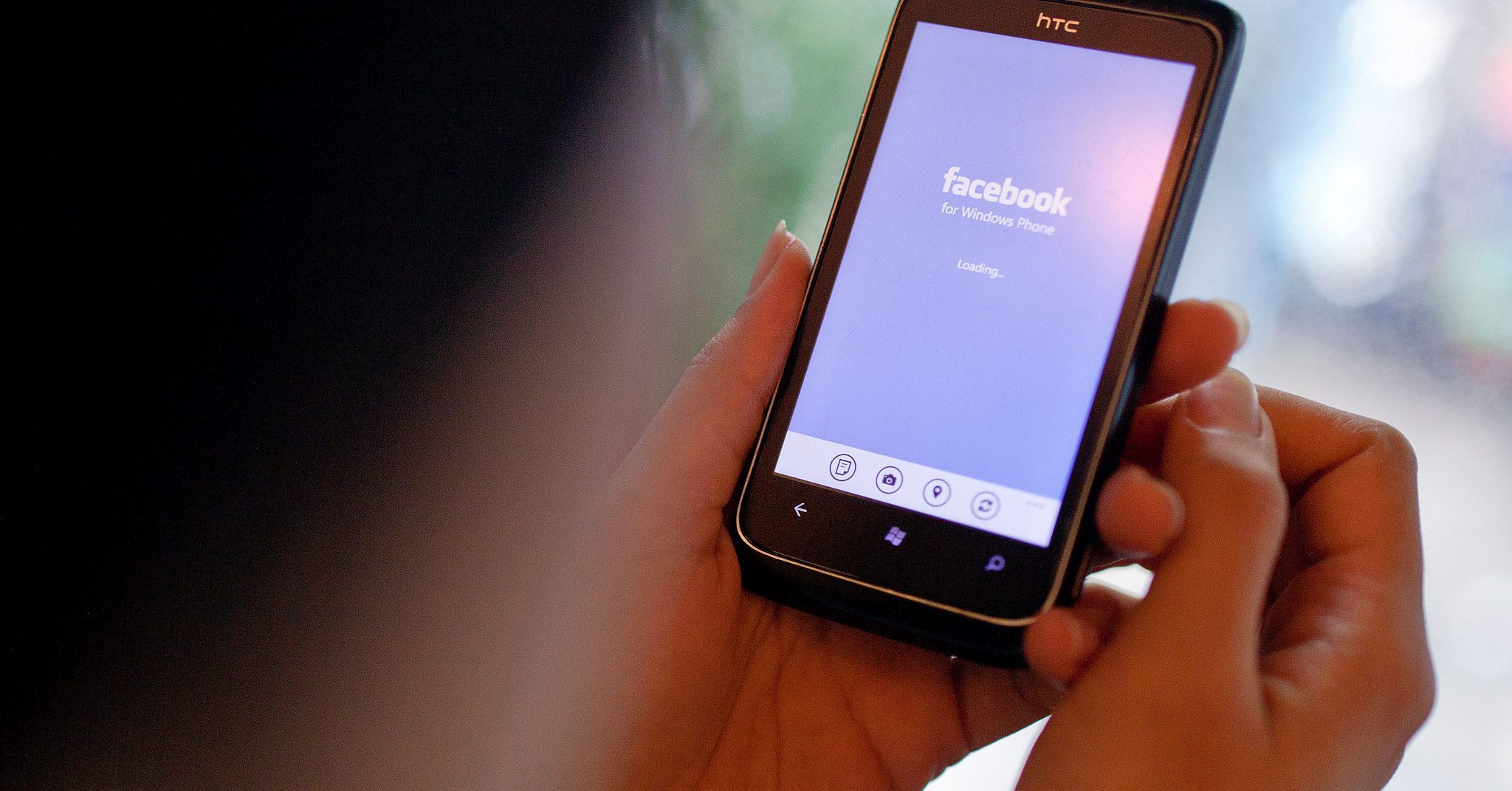The law, which was passed by a 91% majority of voting legislators, will require international technology corporations – including Facebook and Google – to open offices in the country and store locals’ “important” personal data.
The law also requires that social media companies remove offensive content from their platforms within a day of receiving notice from Vietnamese authorities.
Officials say that data centres are necessary in order to effectively address potential cybersecurity violations, with the law being described as “extremely necessary to defend the interests of the people and national security” by Vo Trong Viet, the chairman of the Committee on Defense and Security.
But human rights groups fear that the law will give the government the tools it needs to effectively clamp down on free speech in the Communist country.
“In the country’s deeply repressive climate, the online space was a relative refuge where people could go to share ideas and opinions with less fear of censure by the authorities,” said Clare Algar, Amnesty’s director of global operations, in a statement. “With the sweeping powers it grants the government to monitor online activity, this vote means there is now no safe place left in Vietnam for people to speak freely.”
Algar added that the law would only be effective if tech companies agreed to cooperate with the government when asked to relinquish users’ private data, a request she characterised as a “human rights abuse” that she urged companies to deny.
Last week, both the United States and Canada called on Vietnam to delay the passage of this legislation for fear that the law may not be in keeping with “international trade commitments”.
According to the Vietnam Digital Communications Association, the law could have negative effects on the Vietnamese economy, reducing gross domestic product by an estimated 1.7% and bringing foreign investment down by 3.1%.


